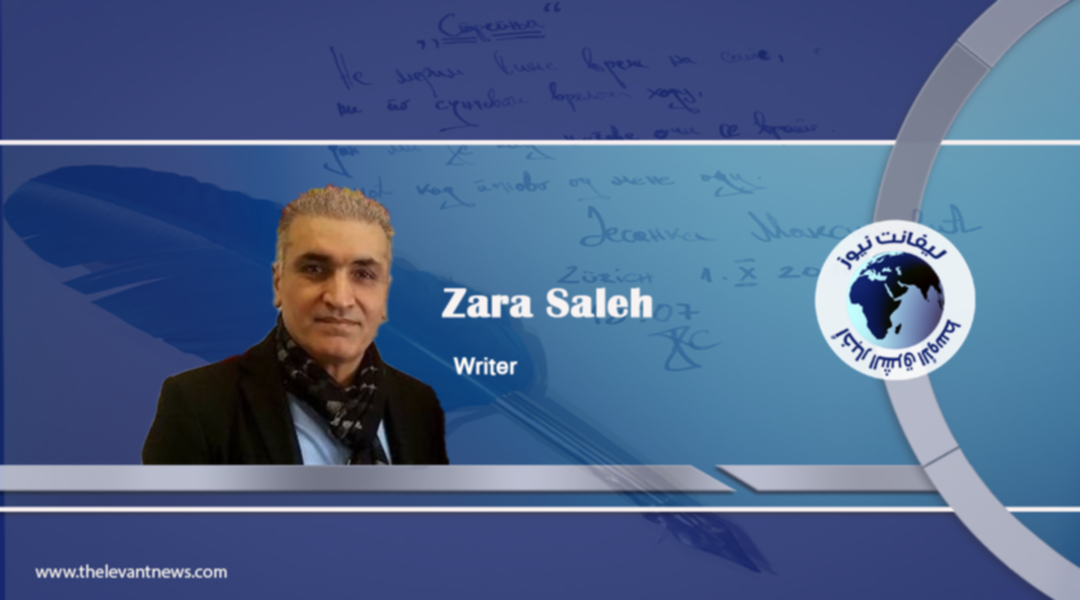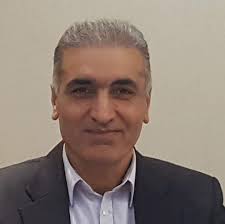-
Politicising the humanitarian aid in Syria

During the Syria Donor conference, 6.4 billion dollars were raised for the humanitarian crisis after 10 years of the ongoing conflict in Syria. According to the United Nations recent report, nearly two-thirds of Syrian people- two in every three- are in need of humanitarian aid which means more than 14 million Syrian people in general, and millions of children are living below the poverty line as the UNICEF chief warned that. Syria
Simultaneously, the American Secretary of State Antony Blinken has warned the UN Security Council and the 15-members called on those who do not politicise the humanitarian assistance that been pledged for Syrians and to "stop enabling the obstruction of aid". Blinken's message was directed to Assad's regime backer, China and Russia as both countries, again, are expected to vote against the UN Security Council resolution. Since 2014, the UN Security Council has adopted a resolution that allowed the United Nations organisations and agencies to deliver humanitarian support for Syrian people over four border crossings. Unfortunately, since January 2020 Moscow and Beijing voted, as usual, against the renewal of the UN resolution that allowed the use of four crossings border, two in Turkey, one in Iraq, and another in Jordan.
later on, the humanitarian aid to the Syrian people has been reduced dramatically due to Russia and China's veto that eliminates Al Yarubiyah crossing on the Iraqi border and Bab al-Salam on the Turkish border. As a result, the majority of the Syrian population is facing starvation as the cost of living has sharply risen and there is a lack of basic needs such as bread, water, sugar, electricity, and fuel.
Arguably, politicizing humanitarian assistance in Syria was a Russian strategy to cut the aid in the areas that are not under the Syrian regime's control. Such as the Kurdish-held autonomous northeast, and in Idlib north Syria. Moreover, Moscow argues that the delivery of humanitarian aid in such areas is 'violating' Syria's sovereignty, according to the Russian representative in the UN. That is why Russia since the beginning of the Syrian conflict in 2011, has repeatedly used its veto to block tens of the UN resolution with China's support, even to those related to humanitarian purposes for civilians.
Besides that, Turkey, which is Russia's ally through the Astana agreement, has also been involved in such processes during its occupation of Syrian territories. Turkish authorities, for instance, have been shut-off the Alok water pumping since the occupation of Serekaniye in 2019 by leaving millions of civilians without water in the Kurdish-controlled areas in northeast Syria. So later, Turkey declined dramatically the level of the Euphrates River that, eventually, has affected the daily life's of civilians, food security and agriculture, and in the future could have catastrophic consequences not only at a political level but at the humanitarian and environmental levels as well. Syria
Zara Saleh levant

Tags
You May Also Like
Popular Posts
Caricature
BENEFIT Sponsors Gulf Uni...
- April 17, 2025
BENEFIT, the Kingdom’s innovator and leading company in Fintech and electronic financial transactions service, has announced its sponsorship of the “Innovation and Sustainable Technology Solutions Competition (GU - IST Solutions), hosted by Gulf University at its main campus.
This strategic sponsorship reflects BENEFIT’s active role in advancing technological innovation and fostering sustainable solutions to future challenges. It also seeks to empower Bahraini youth by enhancing their skills, capabilities, and competitiveness in innovation and solution development—contributing meaningfully to the broader goals of sustainable development across all sectors.
As part of BENEFIT’s active involvement in the competition, the company has announced that Hanan Abdulla Hasan, Senior Manager of Public Relations and Communication, will serve on the competition’s supervisory committee. Her upcoming participation reflects BENEFIT’s forward-looking commitment to championing academic and professional excellence.
Commenting on the occasion, Hanan Abdulla Hasan, Senior Manager of Public Relations and Communication at BENEFIT, said, “We are privileged to support this pioneering initiative, which aligns seamlessly with BENEFIT’s enduring commitment to fostering innovation and nurturing the potential of Bahrain’s youth. Our participation is rooted in a deep sense of social responsibility and a firm belief in the pivotal role of innovation in shaping a sustainable future. Through such platforms, we seek to empower the next generation with the knowledge, skills, and foresight required to develop impactful solutions that address future challenges, in line with the United Nations Sustainable Development Goals 2030.”
Dr. Aseel Al Ayash Dean of the College of Engineering in Gulf University commented, “We extend our sincere gratitude to BENEFIT for their generous sponsorship and support of the Innovation and Sustainable Technology Solutions Competition. This contribution plays an instrumental role in helping us achieve the strategic goals of this initiative, namely, cultivating a culture of innovation and sustainability, encouraging efforts that address the imperatives of sustainable development, and enhancing the practical and professional capabilities of our students and participants.”
The event will bring together a diverse spectrum of participants, including secondary school students, university undergraduates, engineers, industry professionals, entrepreneurs, academic researchers, and subject matter experts representing a wide range of disciplines.
The competition seeks to inspire participants to develop and present innovative, sustainable technologies aimed at addressing pressing environmental, social, and economic challenges. It encourages the formulation of business models that integrate advanced technological solutions with core principles of sustainability. Moreover, it serves as a platform for emerging leaders, entrepreneurs, and innovators to contribute to the advancement of the Sustainable Development Goals, promote the ethos of responsible technology, and demonstrate its transformative potential across various sectors.
Attendees will have the opportunity to view a series of project presentations submitted by participants, covering diverse areas such as eco-friendly product design, smart and sustainable innovations, renewable energy technologies, water conservation and management, waste minimisation and recycling, green architectural solutions, and sustainable transportation systems. Outstanding projects will be formally recognised and awarded at the conclusion of the event.
opinion
Report
ads
Newsletter
Subscribe to our mailing list to get the new updates!






















